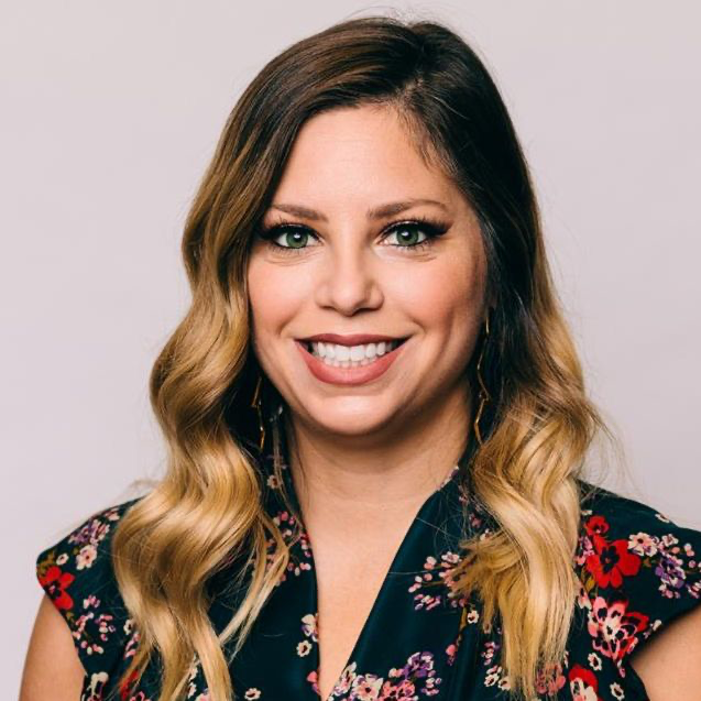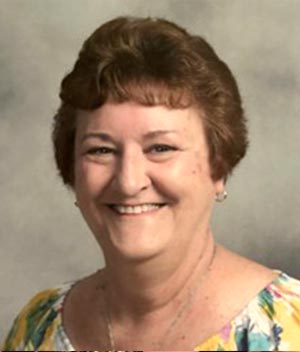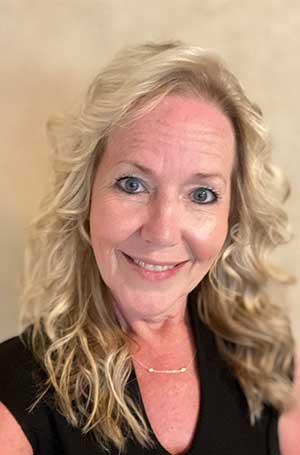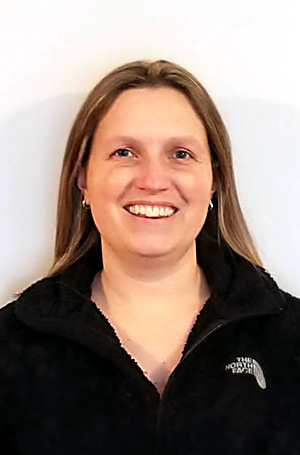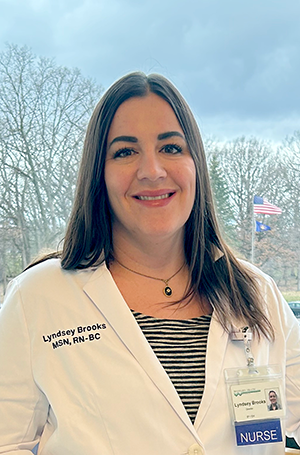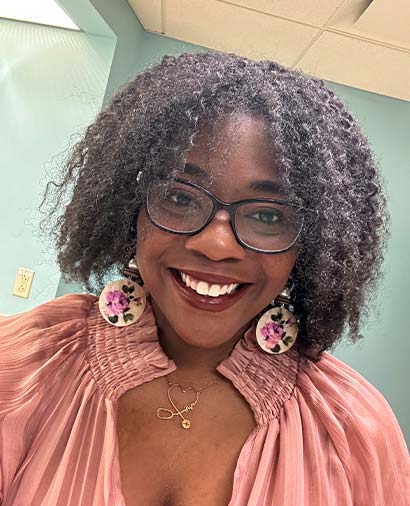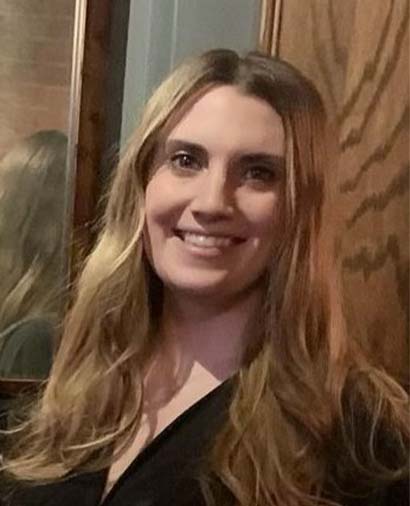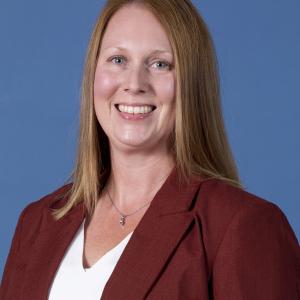Nurse Practitioner
Franciscan Physician Network Family Medicine
Ferry Street
Why did you become a nurse?
When I got into the “real world” after graduating from Purdue University, I took a position at Dell as an inside sales representative. This was during the housing crisis of 2007-2008, and the position had become difficult because people were being frugal with their money. I soon found myself looking for another job.
I’m proud that I failed at sales because I always wanted to be a nurse, yet I didn’t think I was smart enough to pass the science classes. I proved myself wrong, earning A’s in my chemistry and biology classes. If my experience right out of school would have been different, I may not be a nurse today.
Why did you choose to attend St. Elizabeth School of Nursing?
The faith-based aspect was essential to me along with the school’s mission and values. As a student, I thrive in smaller class sizes. When I was looking at nursing schools, the larger classes at state-schools didn’t appeal to me. I only applied to one school: St. Elizabeth. It was the perfect fit, and, thankfully, I was awarded a scholarship.
What is your best memory from nursing school?
One of my best memories was inserting an IV into my friend’s arm. It was the first time doing that on a real-live person! I was so nervous, afraid to hurt them and wanted to be sure we’d remain friends afterward. I got the IV in on my first try and rocked it!
What advice would you give to new nurses?
Never be afraid to get in there and get your hands dirty. By that, I mean come ready to work, be professional, and never be scared to step in and do what needs to be done for your patients. Remember to always be kind and be gentle when providing care.
How did St. Elizabeth School of Nursing prepare you for your career?
St. Elizabeth prepared me in so many ways. Learning to chart, empowering me to think critically when decision-making and mastering nursing interventions are just a few of the things I learned that helped me become the best nurse possible.
What was your first job in the field after you completed your degree?
I worked at Sycamore Springs as a psychiatric and rehabilitation nurse. I learned so much about medication management, therapeutic communication techniques and empathizing with patients struggling with drug and alcohol addiction. Serving this population helped me learn techniques I used in a later position as an ICU nurse.
What do you like most about your current job?
I love being a nurse practitioner. While caring for patients’ physical needs, I educate patients about their health. I like that the populations I serve vary. I can see a new baby for a wellness check in the morning, and my afternoon may consist of seeing older patients with chronic or acute illnesses.
What is the toughest part of being a nurse?
Being a nurse is a tough job and comes with some risk. You never walk into a hospital or doctor’s office thinking, today will be so easy! When I worked in the ICU, some ventilated patients or those coming out of anesthesia could become agitated or violent. Not on purpose, but because they were unaware of what was happening to them in unfamiliar surroundings. It’s essential to be smart and take advantage of patient care training to protect yourself and your patients.
How do you see yourself and your nursing practice through the lens of the school’s mission of preparing nurses to continue christ’s healing ministry
No matter who is waiting for me on the other side of the exam room door, I treat everyone the same. Whether you’re a new mom, a minister or someone who is experiencing homelessness, your care matters to me. My grandma always said, “Treat others as you want to be treated.” This Golden Rule has stayed with me throughout my entire life.
What do you do when you are not at work?
My husband and I live near Ross-Ade Stadium on the outskirts of Purdue University’s campus. During football season, we park cars on our front lawn. My grass looks horrible, but we make between $300-400 each game day, then donate the money to an ALS organization in St. Louis. My husband’s mother passed away from the disease, and this is one way we honor her memory and bless those fighting the illness in the community where she once lived.

